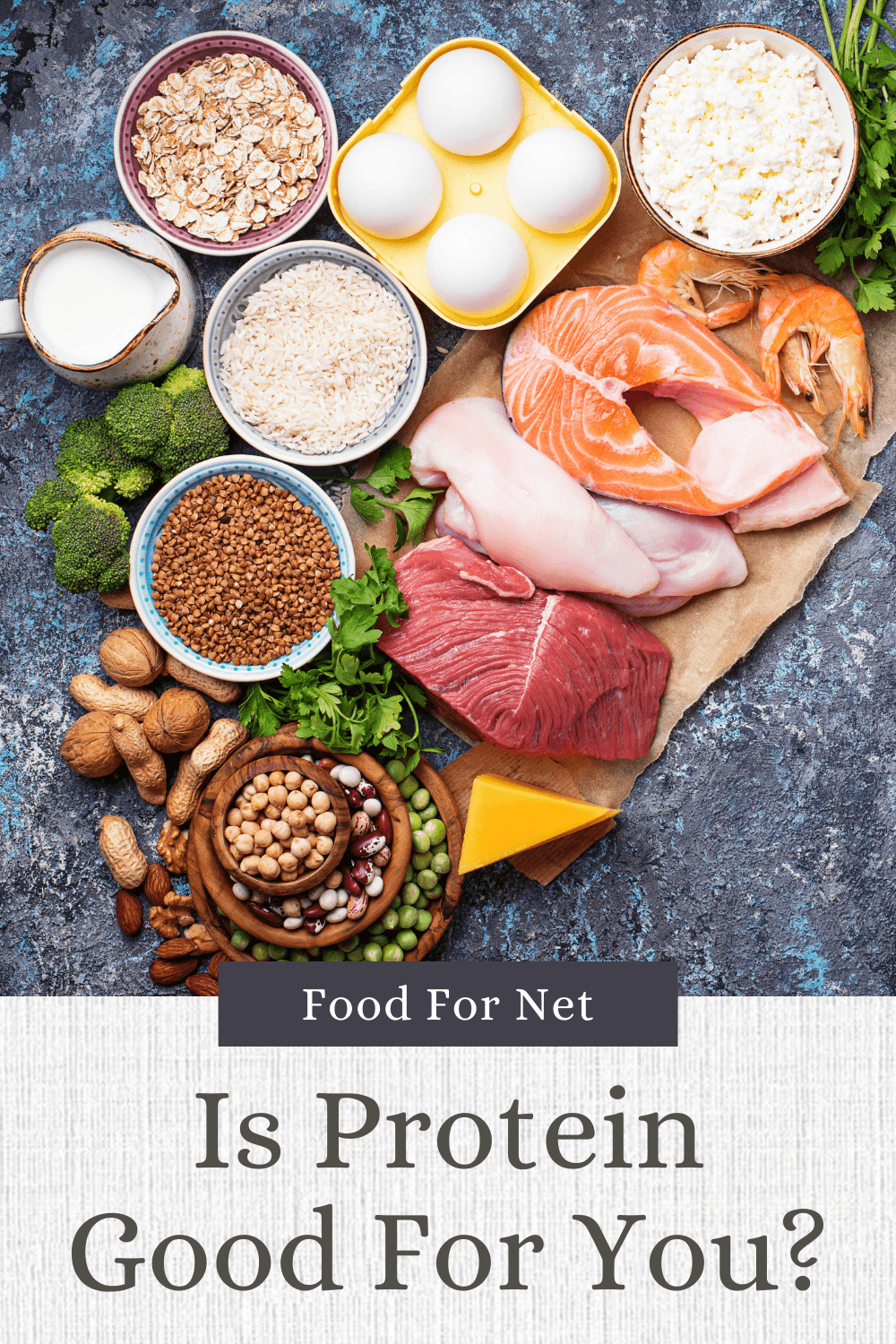
Is protein good for you? In some ways, that sounds like a silly question, as high protein diets and protein shakes are becoming incredibly popular. They’re often claimed to offer countless health benefits, like promoting weight loss, helping you to gain muscle, and keeping you satisfied.
Indeed, there’s a long list of benefits of protein, which isn’t that surprising. After all, protein is an essential macronutrient. Our bodies can’t function without it and we start seeing problems when our protein intake is too low.
So then, protein is good. There’s more to the equation than just that, though. We also need to think about when protein is helpful and when it isn’t. Do you really need to be drinking a shake with 30 grams of protein each day on top of all the protein you get from meals? Does more protein help at all?
Is Protein Good For You?
- What Is Protein?
- Types Of Amino Acids
- The Benefits Of Protein
- How Much Protein Do You Need?
- Is A High Protein Diet Healthy?
- Does Too Much Protein Harm Your Kidneys?
- Do You Need to Consume Complete Proteins?
- Final Thoughts
What Is Protein?
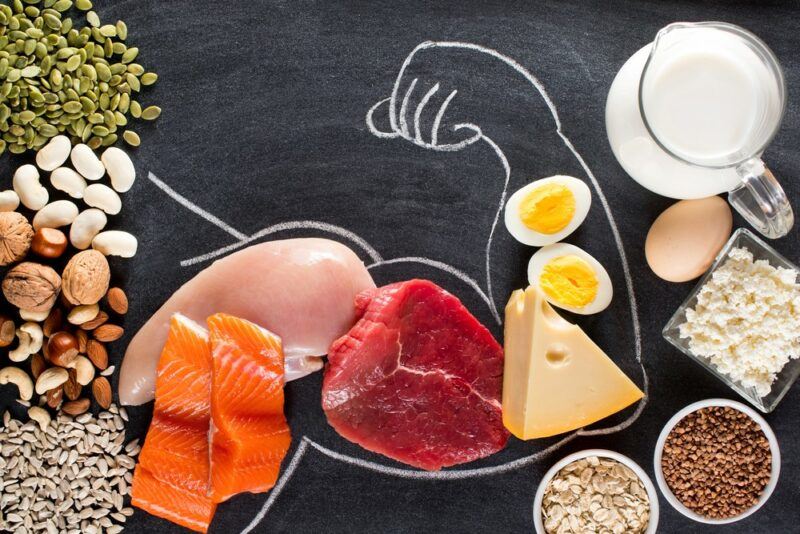
We talk about protein as if it is all the same, but that’s not the case at all. Instead, there are many different types of protein. They’re all large and complicated molecules, ones that are essential throughout our body, helping with structure, function, growth, regulation, and much more.
Proteins are all made up of much smaller units, called amino acids. These amino acids are critical. They’re often called the building blocks of life and with good reason.
There are actually more than 500 different amino acids, but only 20 of these are essential for creating the types of protein that our bodies need. We can produces 11 of these 20 amino acids ourselves, while the other 9 need to come from our diets.
Our bodies break down any protein we consume into amino acids, then these amino acids are used to create the proteins that matter for our health.
As such, we’re not really interested in the protein at all, but in the amino acids that it contains. This distinction is important, as it means that not all protein sources are created equal.
Types Of Amino Acids
Amino acids fall into two categories: essential and non-essential.
Non-essential amino acids are the ones our bodies can create themselves, including alanine, arginine, asparagine, aspartic acid, cysteine, glutamic acid, glutamine, glycine, proline, serine, and tyrosine. These are called non-essential because we don’t need to get these amino acids from our diets. Our bodies can make them instead. That said, ‘non-essential’ or not, our bodies still need these amino acids to function.
The remaining amino acids are the essential ones, including histidine, isoleucine, leucine, lysine, methionine, phenylalanine, threonine, tryptophan, and valine.
Foods that contain decent amounts of all 9 essential amino acids are seen as complete sources of protein. Those lacking in one or more amino acids are incomplete sources instead.
Three of the essential amino acids are particularly interesting – valine, leucine, and isoleucine. These are called branched chain amino acids (BCAAs) because their chemical structure has a branched chain.
BCAAs are often used in workout supplements, as they may promote muscle growth more powerfully than other amino acids. The best supplements are high in BCAAs, but still contain the other essential amino acids, as you need these too.
The Benefits Of Protein
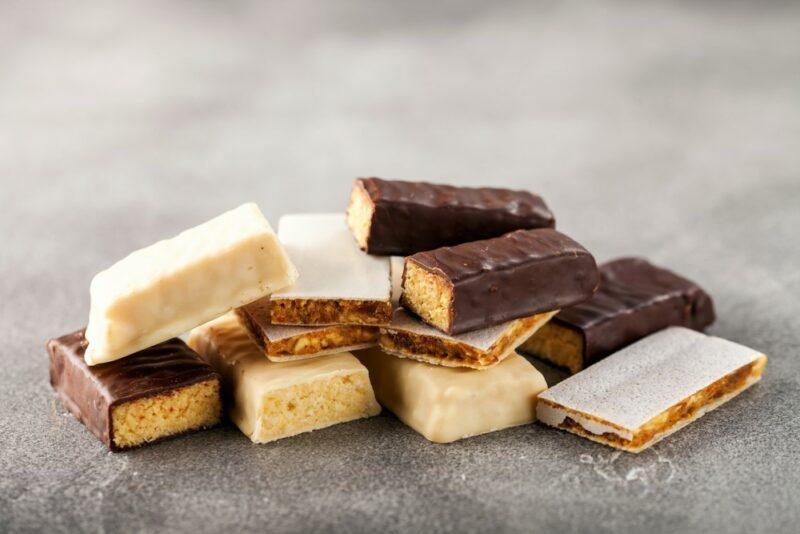
The amino acids from the protein we eat allow our bodies to build all kinds of essential proteins, including hemoglobin, collagen, tubulin, insulin, immunoglobulins, and many many more. In fact, when you exclude fat and water, most of your body is made up of proteins.
If your diet is low in protein, your body can’t easily build all the proteins it needs. This can have many negative effects, like lowering your body’s ability to repair wounds, decreasing muscle synthesis, and even leading to muscle loss.
Increasing your protein intake also has many benefits, some of which are discussed in the following sections.
Raises Muscle Mass
Muscles are roughly 80% protein, so it’s hardly surprising that protein is essential for building your muscles. If your protein intake is too low, then your body’s ability to produce more muscles is limited as well. This could easily be a problem if you’re trying to gain muscle mass by working out or are recovering from an illness.
Indeed, increasing your protein intake often helps to increase not just your muscle mass, but also the strength of your muscles. This is why many people use protein supplements before and after their workouts.
May Promote Weight Loss
Protein rich foods and diets are often used for weight loss. This isn’t surprising either, as protein is more filling than carbs and keeps hunger at bay for longer. By doing so, protein rich meals can reduce the amount of calories you consume, leading to weight loss.
Of course, this effect is only true if you adjust your eating accordingly. If your calorie intake is the same with a protein rich diet as with a carb rich one, then your weight isn’t likely to change much at all.
The filling nature of protein has another benefit too – it makes dieting easier. After all, cutting your calories is never fun and it’s incredibly frustrating when you feel hungry all the time. Relying heavily on protein should reduce the discomfort and give you more sustained energy, making it easy to get from one meal to the next.
Could Boost Metabolism
Interestingly, protein is relevant for your metabolism as well. Basically, our bodies use energy to digest the foods we eat and different foods require different amounts of energy.
Protein takes more energy to digest than either fat or carbs, which means that you’re expending more calories and may increase your chance of losing weight. The effect may not be dramatic, like 100 calories or so, but still, any boost to your metabolism can be helpful.
Can Improve Bone Health
Some myths suggest that too much protein can harm your bones by increasing acidity and causing calcium leaching. However, there’s little evidence to support this idea.
Instead, studies consistently show that getting enough protein supports your bone health instead, even decreasing the risk of fractures and osteoporosis later in life.
It Helps You Function Well
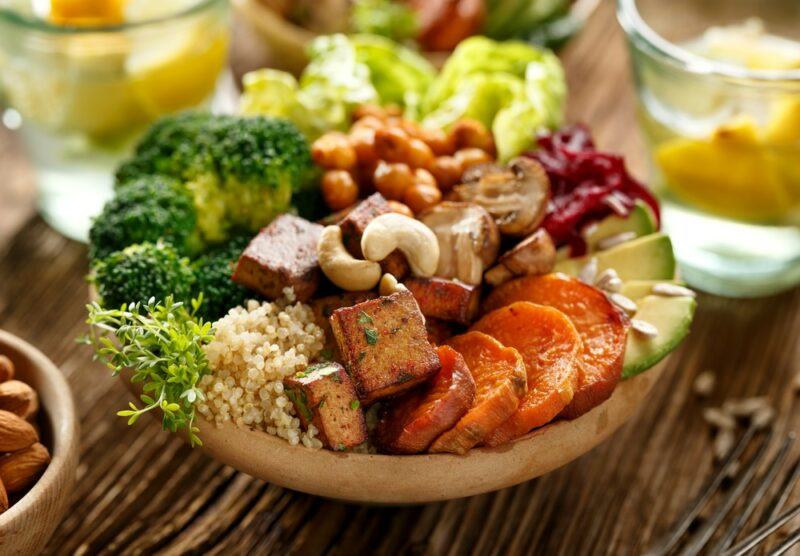
The final benefit of protein is simply that you need it. If your protein intake is too low, then you’re likely to run into all types of health issues.
Thankfully, hitting your minimum protein intake isn’t too difficult. Most of us do so without thinking about it.
There are always exceptions. If your diet is highly imbalanced or if you struggle to eat, your protein intake might be too low. Some symptoms of this include edema (fluid retention), problems with your skin and nails, and decreased immune system function.
In fact, even a slight protein deficiency could make your immune system less effective, putting you at risk for more severe infections.
How Much Protein Do You Need?
Your protein needs are surprisingly tricky to pin down. Part of the problem is that we don’t really know which balance of carbs, fat, and protein is ideal for human health. We can guess by looking at historical eating patterns, but that just tells us what works, not what is best.
Observational research is limited in a different way, as human diets are lifestyles are incredibly complicated. It’s all but impossible to tease out the effects of a single aspect of diet, like protein.
Basic Recommendations
A common recommendation for protein intake is around 0.8 grams of protein per kg of body weight. You can work this out for yourself by multiplying your body weight (in pounds) by 0.36. So, for someone weighing 150 pounds, you’re aiming for around 54 grams of protein per day.
However, the amount of protein you need is influenced by other factors too. Men and women need different amounts. Active people need more protein than those who aren’t. There’s a useful calculator here that provides details based on your gender, age, height, weight, and activity level.
A more general recommendation suggests that women should be getting around 46 grams of protein per day, while men should aim for 56 grams instead. You can also calculate protein targets from your daily calorie intake – getting somewhere between 10% and 35% of your calories from protein.
Other recommendations change things up, suggesting much higher levels of protein – like 1.2 to 1.6 grams of protein per kg of body weight.
The Problem With Protein Recommendations

You can already start to see issues with those recommendations, right? They get confusing and contradictory fast.
Many of them also focus on avoiding protein deficiency rather than maximizing health. You might find that you need to go beyond those levels if you want to lose weight or be as healthy as possible.
So, how much protein should you consume?
The best approach is to pay attention to your body. See what works for you and what doesn’t. If you’re healthy and eating a balanced diet, many different levels of protein intake could work well.
Why not experiment with your balance of protein, carbs, and fat? See which combination works best for you.
One final thing. Regardless of the protein intake you choose, be sure to space the protein throughout the day. This gives your body the chance to use it most effectively, giving you the most benefits.
How Much Is Too Much?
Despite all the different recommendations for protein intake, there are upper limits. Consuming more than 2 grams of protein per kg of body weight is particularly concerning and could lead to side effects like nausea, headaches, diarrhea, and dehydration.
In the long term, such protein intake could cause more severe health issues, including kidney problems, increased heart disease risk, and perhaps even death.
However, if you’re highly active, increased levels of protein might be safe, as your body needs the extra protein. Elite athletes, for example, may regularly go above the 2 grams per day recommendation without any ill effects.
Once again, the trick is to pay attention to your body. Think about how much protein you you’re likely to need as well.
For example, if you’re going to the gym for half an hour a couple of days per week, you might need a little more protein than normal, but not an excessive amount. In contrast, bodybuilders who compete in competitions may need to consume a considerable amount of protein.
Is A High Protein Diet Healthy?
High protein diets come in many forms. Generally, though, you’re getting 20% or more of your calories from protein, rather than fat or carbs.
As long as your protein intake isn’t excessive, this type of diet can be healthy. It may even be powerful, as the protein helps to keep you satisfied, so it’s easier to stay on track with healthy eating.
What matters most isn’t the protein content of your diet, but where this protein is coming from. Many high protein diets are also high in fat and saturated fat, which isn’t ideal. Such approaches could easily increase your risk of heart disease and lead to other health problems.
It’s also important to talk to your doctor before starting a high protein diet, as this type of diet can be a problem in some situations. For example, a high protein diet for people with kidney disease could be risky and make their kidney function even worse.
Also think about your diet as a whole. Make sure you’re still getting enough compounds from plants, including fiber and antioxidants, as these are essential for keeping you healthy.
Does Too Much Protein Harm Your Kidneys?
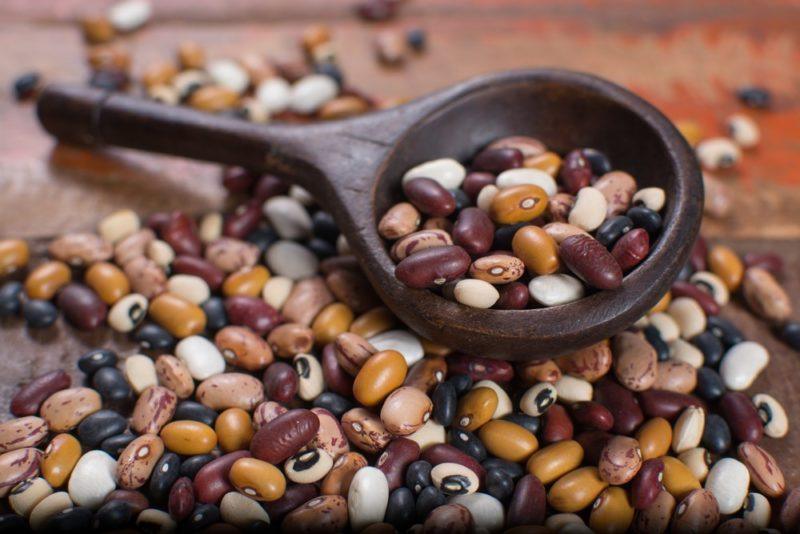
A common idea is that high protein intake could damage your kidneys, as your kidneys need to work hard to get protein metabolites out of your body. The concern is relevant for people with kidney disease, as too much protein can make the condition worse.
However, if you’re healthy, high protein intake doesn’t appear to increase kidney disease risk. That said, it’s still important to keep to reasonable levels. This means no more than 2 grams of protein per day per kilo of body weight for most people.
Keep an eye out for signs of kidney problems too, like foamy urine, itchy skin, increased tiredness, and difficulty concentrating. This is important, as the research into protein intake and kidney function is still ongoing, so long-term high protein diets might have some negative effects that we just don’t know about yet.
Do You Need To Consume Complete Proteins?
Complete proteins are those that include decent amounts of all the 9 essential amino acids. Most complete proteins are animal-based, including meat, poultry, dairy, and eggs. Seafood is a complete source of protein too.
With so many options, meat-eaters should easily get all the essential amino acids that they need, while vegetarians and vegans have fewer options.
Some vegan sources of protein are complete or close to complete, including quinoa, hempseed, and soybeans, but there aren’t a lot of these to choose from. You can also find protein powders that use multiple sources of protein to give you
The limited number of vegan complete proteins sounds like a big problem here. Is that really the case?
In practice, complete proteins aren’t as important as all that because you’re consuming many different sources of protein each day. Even if you don’t have complete proteins during every meal, you’re likely to get all the essential amino acids that you need.
Final Thoughts
Protein isn’t just good for you. It’s indispensable. Increasing your protein intake might even be powerful, helping you to lose weight and increase your muscle mass.
Thankfully, there’s no shortage of places to find protein. Meat is the most obvious choice, but there are plenty of others too, including protein rich vegan foods and protein powder. There are even ready to go protein shakes, like the Premier Protein range.
Still, as with anything, it’s important to not go overboard with protein. Too much protein could cause health issues, particularly if you’re not getting enough nutrients in your diet.
Frequently Asked Questions
What Is A Healthy Protein?
When looking for a healthy protein, there are two things to consider. One is the amino acid profile. The other is the other nutrients and macronutrients.
Amino acids matter, as you need decent amounts of the nine essential amino acids to function well. Animal-based sources of protein, including eggs and dairy, contain all the essential amino acids, while plant-based sources often have low amounts of one or more.
Then there are the nutrients and macronutrients.
The healthiest sources of protein give you plenty of nutrients without too much saturated fat. Seafood, lean chicken, and eggs are popular choices here and are all incredibly healthy.
Plant-based sources of protein are excellent too, as they’re naturally low in fat and contain plenty of plant-based compounds. While most don’t contain all the amino acids you need, this doesn’t matter too much, as you’re consuming multiple sources of protein each day.
Is It Good To Eat Protein Every Day?
Protein is an essential macronutrient, one that your body needs to function properly. It’s also something you need every single day, as the body doesn’t store excess amino acids.
As such, not only is it good to eat protein every day but doing so is also essential for your health.
Besides, you’d find it difficult to even one day without consuming protein. There’s at least some protein in most common foods. Plus, protein significantly contributes to how full you feel. If your protein intake was very low, you’d feel hungry for most of the day.
Why Is Protein Important For Weight Loss?
The main reason is that protein is filling. In fact, calorie for calorie, protein will keep you satisfied for much longer than fat or carbs will.
Because of this, high protein diets tend to be more filling than low protein ones. Some people find this incredibly helpful. After all, it’s hard to stick to a diet when you feel hungry constantly.
How well this works varies from person to person. Some people do well with high protein diets for losing weight, while others need much less protein.
Do We Eat Too Much Protein?
Most nutrients have a minimum required intake and a maximum. Protein is no exception. Consuming too much protein can lead to problems like weight gain, high cholesterol, and increased heart disease risk – partly because high protein foods are often high in saturated fat as well.
The exact upper limits for protein aren’t known. Still, with all the high protein bars, snacks, and shakes out there, most of us are probably consuming more protein than we need.
Thankfully, too much protein doesn’t cause much harm for most people, particularly if you watch your calorie and fat intake (and aren’t consuming absurd amounts of protein every day). However, there’s little benefit to protein if you don’t actually need it.
What Happens To Excess Protein In The Body?
Our bodies don’t store protein directly. So, any excess amino acids are excreted, while the remainder gets converted to glucose and stored as fat. This effect is why too much protein can easily lead to weight gain.
There are also concerns that excessive protein leads to increased acidity, which could cause health problems. While there isn’t much evidence for such effects, they’re another reason to stick with the protein you need, rather than going overboard.

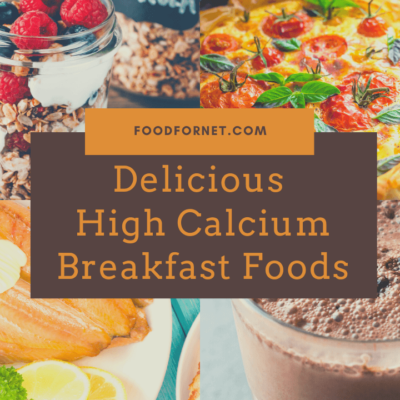
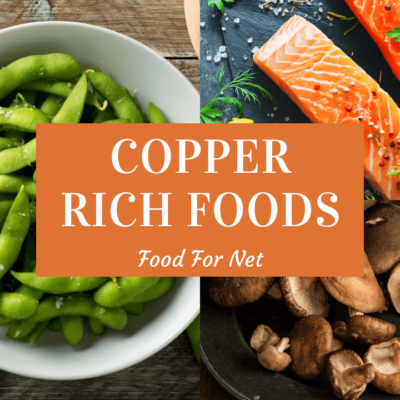
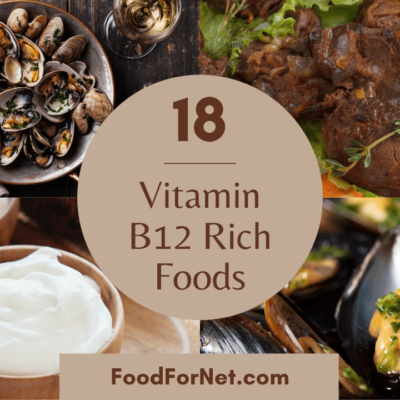
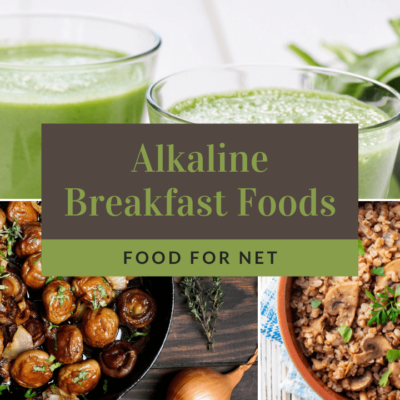
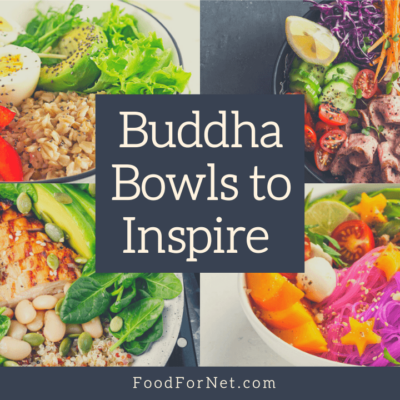
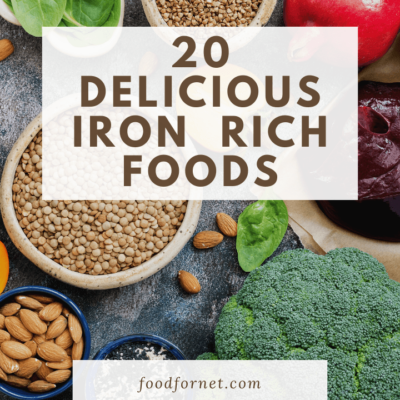
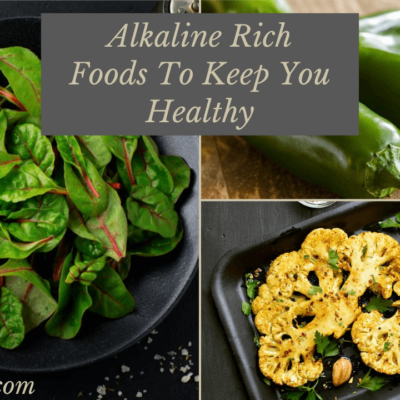
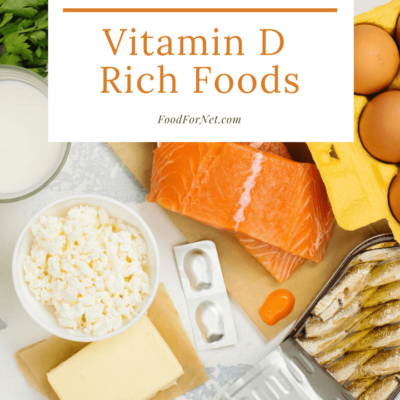
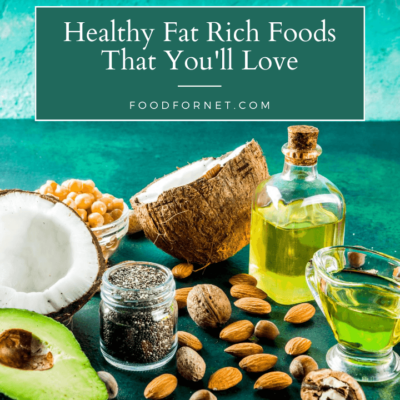
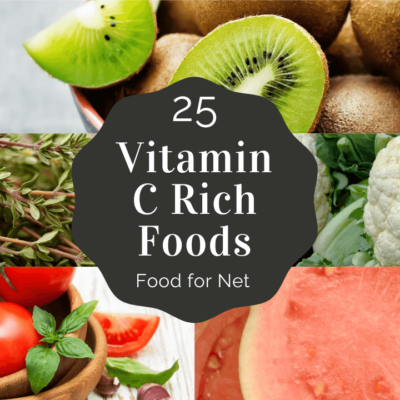

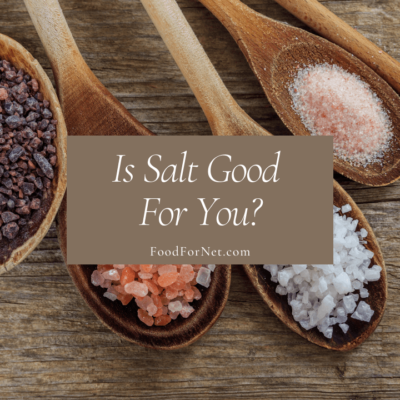
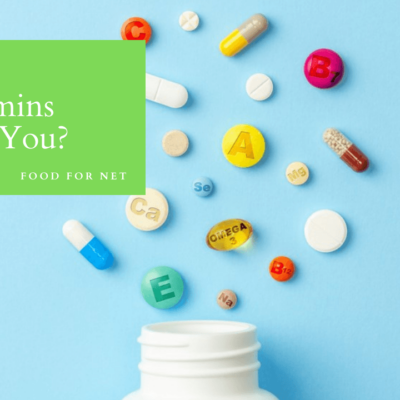
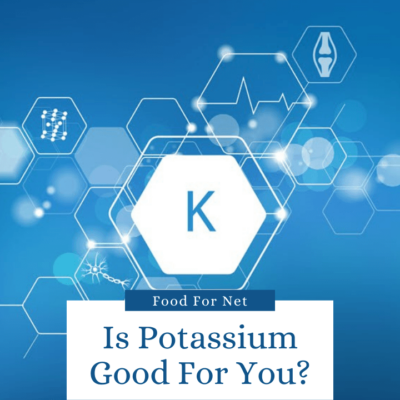
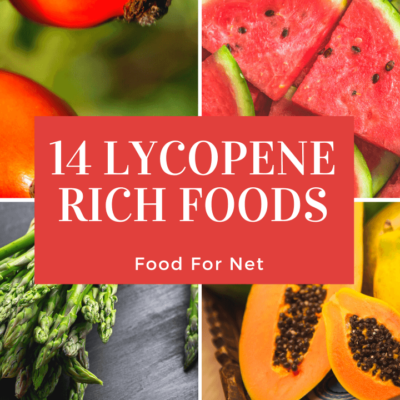
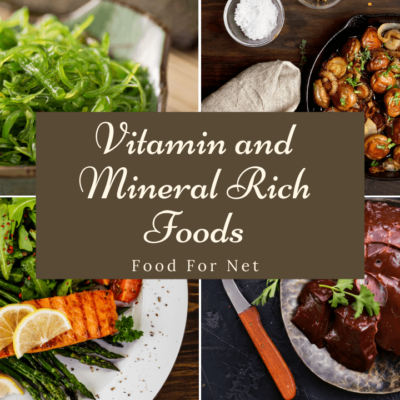
 Is Whole Milk Good For You?
Is Whole Milk Good For You?
Leave a Reply